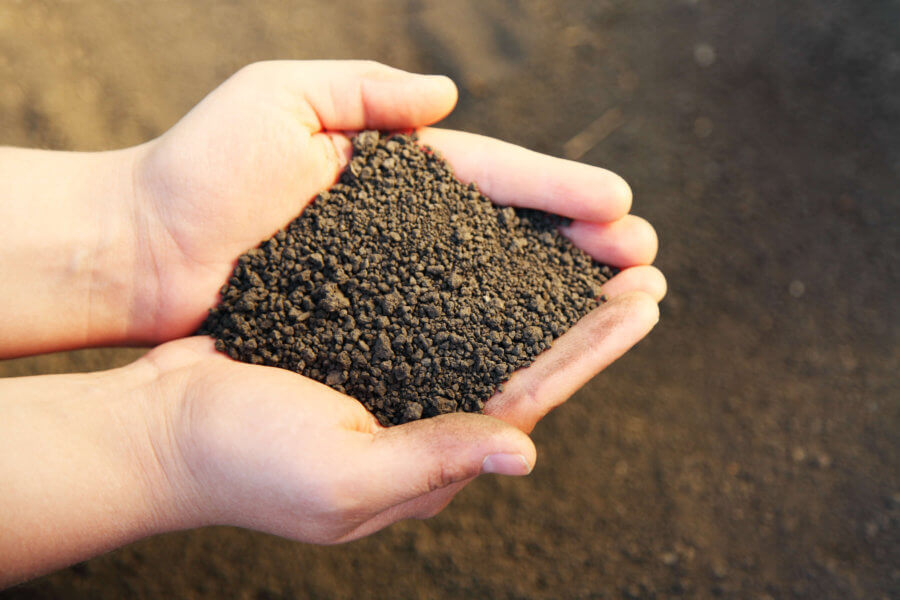
What You Can Learn from a Soil Sample
If you are thinking about making changes to the landscaping on your Florida property, one of the first tasks you should complete is obtaining a soil sample. The results you receive from this test will guide your earliest efforts to prepare your yard for new plants, sod, or trees. Here’s a look at what a soil sample entails and what you can learn from it.
What Is a Soil Sample Test?
When a landscaping expert comes to your home to conduct a soil composition test, they’ll take a sample of the existing topsoil in your yard for examination and analysis. There are DIY soil testing options available as well, but you’ll get more detailed results as well as planting advice and guidance, when you work with a professional for your soil test.
The test will identify the amounts of various nutrients and minerals that are present in your soil. Knowing this information is very important, as it will help you identify any changes you’ll need to make to the soil composition to create a suitable environment for your chosen foliage to thrive. It will also indicate the specific type of fertilizer your yard will need. There are countless fertilizer types on the market, each with different purposes and benefits, so knowing your soil composition will make selecting the best option an easier task.
What Do the Results Mean?
Soil sample test results delineate the exact nutrient composition of your soil. Phosphorus and potassium are the primary nutrients a soil sample is looking for, though you’ll also get results for nickel, chloride, zinc and iron, among others. Different plants do better in environments that are rich in different nutrients, so your plant choices will depend on what is present in your soil naturally. Of course, you can take steps to adjust your soil composition, but this will require added work and maintenance on your part. Weigh the changes required and the ongoing upkeep against the beauty of your favorite plants to decide which are best for your needs and lifestyle.
In addition to nutrient composition, a soil test will also uncover other key details. The pH balance of your soil indicates how acidic or alkaline the environment is. This can greatly impact the plants you’ll choose. The test will also verify the salinity, or salt level, of the soil, as well as the presence of any organic compounds. The more information you have about your soil composition, the better you will be able to keep your plants alive and thriving, so be sure to pay close attention to the details.
What Should I Do Next?
Armed with your soil test results, you can then begin to make adjustments to make the soil environment in your yard as healthy as possible for your plants, trees and grass. For example, if your soil’s nitrogen levels are on the lower side, you can add nitrogen supplements directly to the soil or choose a fertilizer that is designed to enhance nitrogen levels. The same goes for the other nutrients in the test results. If your soil has an overabundance of sulfur, on the other hand, you can add other nutrients in order to bring the soil composition back into balance.
Adjusting the pH balance of the soil can be a bit more complicated, as some soil changes more easily than others. As you treat your soil to raise or lower the pH, you’ll need to conduct multiple pH tests to see how your soil is responding. If the pH level changes quickly, your soil is highly responsive. However, if you see only incremental changes, you may need a stronger treatment to fully get to the desired level. When you have achieved the desired soil composition and pH balance, you are ready to start planting.
Contact Duda Sod
A lawn is the perfect foundation for your Florida yard, and Duda Sod is here to help you get it started. We provide a variety of sod types that are perfect for the local climate, including St. Augustine, Bahia and Zoysia, to name a few. Our team will be happy to help you select the right grass variety for your soil composition, so don’t be shy about reaching out for help. Contact us to get started.